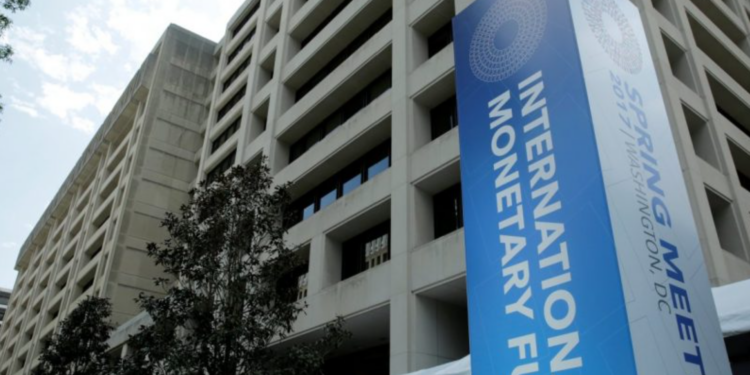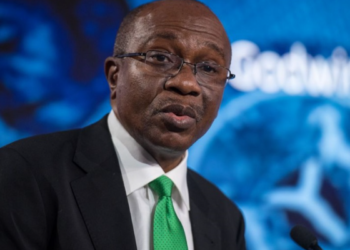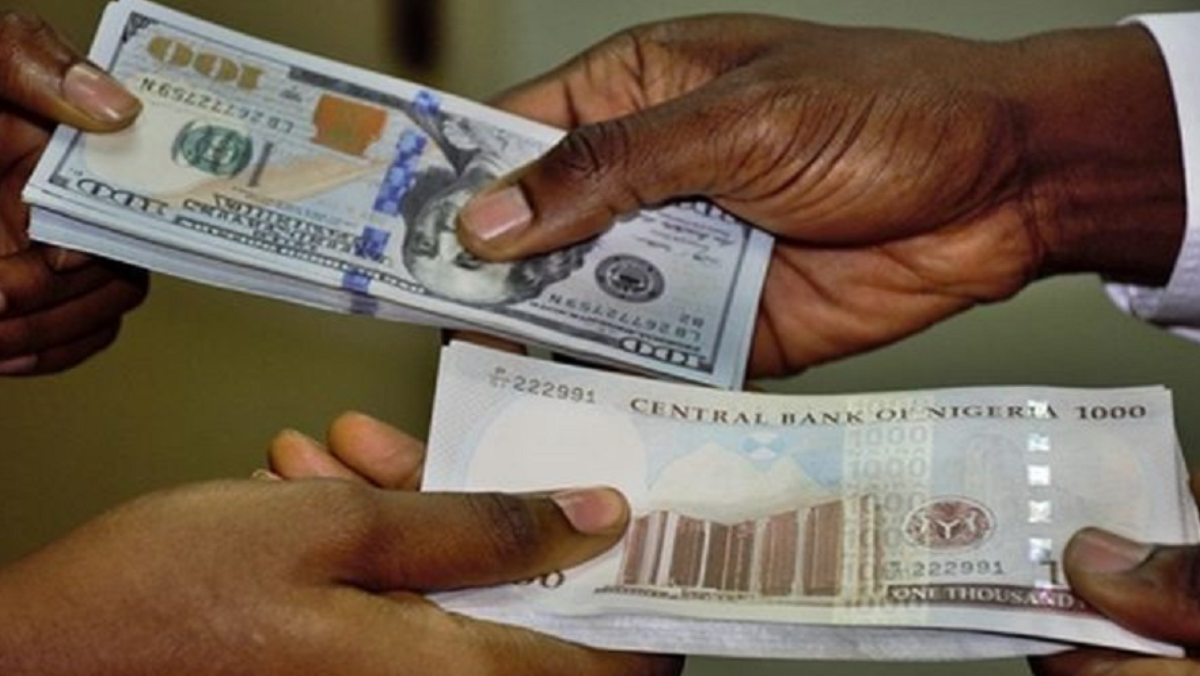The Director of the Communications Department of the International Monetary Fund (IMF), Julie Kozack, has said that the Central Bank of Nigeria (CBN) under its new leadership is withdrawing excess liquidity from the system, which has contributed to high inflation in the country.
She said during a press conference at the agency’s headquarters in Washington, and the transcript of the briefing was seen by Nairametrics.
Kozack added that there should be a further hike in interest rates in the next Monetary Policy Committee, which has been postponed twice this year under the current leadership of the CBN.
She said:
- “Inflation in Nigeria is running very high. It reached over 27 per cent in October, that is the year-on-year number.
- The Central bank, under its new leadership, has started to withdraw excess liquidity that was in the system contributing to high inflation.
- “The next Monetary Policy Committee meeting should further raise the policy interest rate. So, the Central Bank is taking action to try to address the high inflation problem.”
She also commented on the 2024 budget, stating that it “aims to reduce the fiscal deficit while also creating space for these priority spendings, both on the social side and also on the development side.”
Cardoso on interest rates and liquidity
In his keynote address at the 58th Annual Dinner of the Chartered Institute of Bankers of Nigeria (CIBN), the CBN Governor, Yemi Cardoso, stated his desire for monetary policies to lead to lower interest rates to drive up borrowing and investment in the real sector.
- “Our monetary policies will aim to achieve price stability, foster sustainable economic growth, stabilize the exchange rate of the naira, and reduce interest rates to facilitate borrowing and investments in the real sector.” Cardoso
However, this appears to be a medium-term play as he also confirmed the apex bank will continue to squeeze liquidity as a monetary policy strategy to curb inflation.
- “While absolute inflation is still rising, the declining rate of growth indicates progress. The CBN is confident that with continued tightening measures for the next two quarters, we will be able to effectively manage inflation.” Cardoso
The apex bank also set up a new liquidity management committee within the Bank
On currency in circulation
Using recent data from the CBN, Nairametrics earlier reported that the currency in circulation (CIC) reached a new year high of N2.99 trillion by October 31, 2023.
This was an increase of 8.33% or N230 billion from N2.76 trillion documented in the previous month, and an increase of 115.11% or N1.6 trillion from N1.39 trillion recorded in January 2023.
The CIC comprises the currency outside the banking system and the vault cash of banks. With this new high of almost N3 trillion, currency in circulation appears to be on the rise to the level it was in October 2023 (N3.29 trillion) before the naira redesign policy of the CBN.
However, there have been reports recently of cash scarcity in Abuja, Lagos and some other parts of the country.
This recent scarcity has led to banks putting a limit on cash withdrawals and queues at banks.
On Cash scarcity
In an earlier statement, the CBN said the seeming cash scarcity in some locations was due largely to panic withdrawals by customers from the ATMs and assured Nigerians of “sufficient stock of currency notes for economic activities in the country.”
Also, the removal of excess liquidity is likely part of the CBN’s current effort to no longer intervene in the Nigerian economy through quasi-fiscal activities.
In his keynote address at the 58th Annual Dinner of the CIBN, Yemi Cardoso said that some of the previous failures of the CBN were tied to quasi-fiscal activities under the foray of “development finance activities.”
He added that through these activities, the CBN directly pumped over N10 trillion into the economy.
Cardoso said:
- “In line with our strategy to refocus on our core mandate, the CBN will discontinue direct quasi-fiscal interventionist activities and instead utilize orthodox monetary policy tools for implementing monetary policy.”
The CBN has also been making efforts to recover some of the loans granted under its intervention financing programmes, which have been marred by loan defaults.






















Am a local business man, were am doing business with lower capita, while my parent are masses they can not help me.